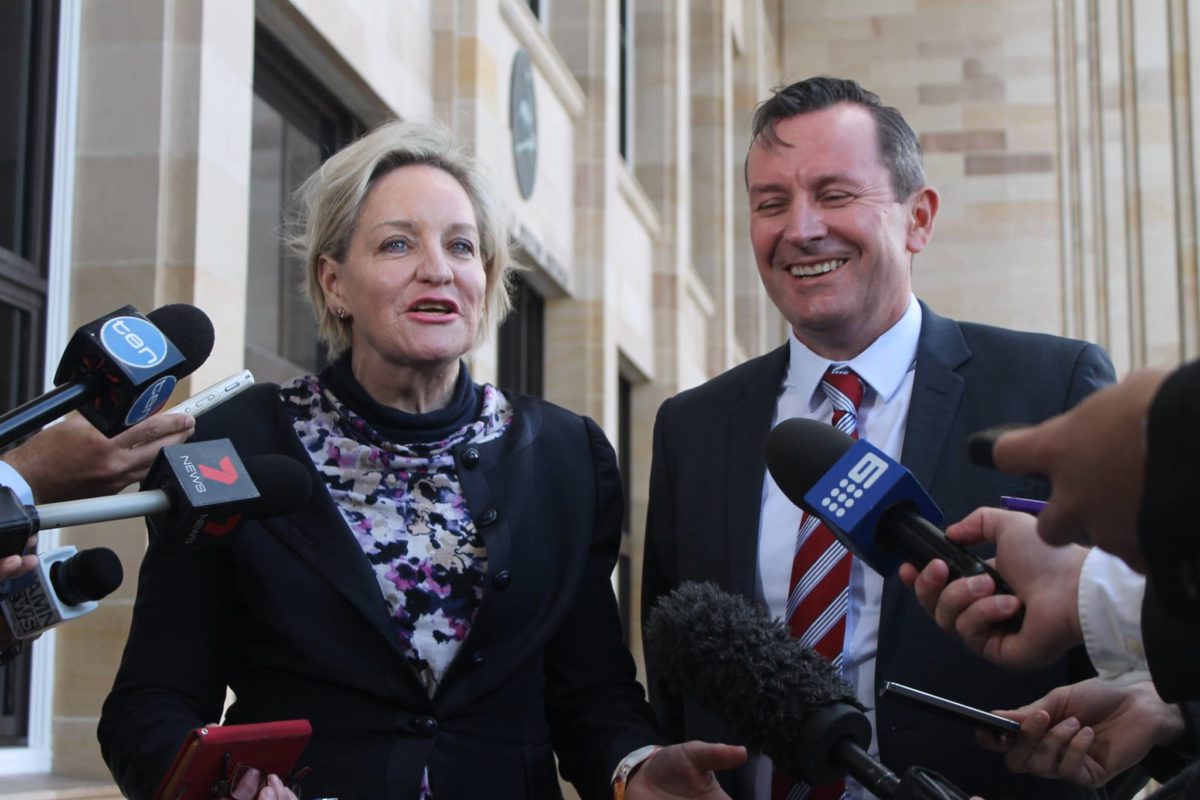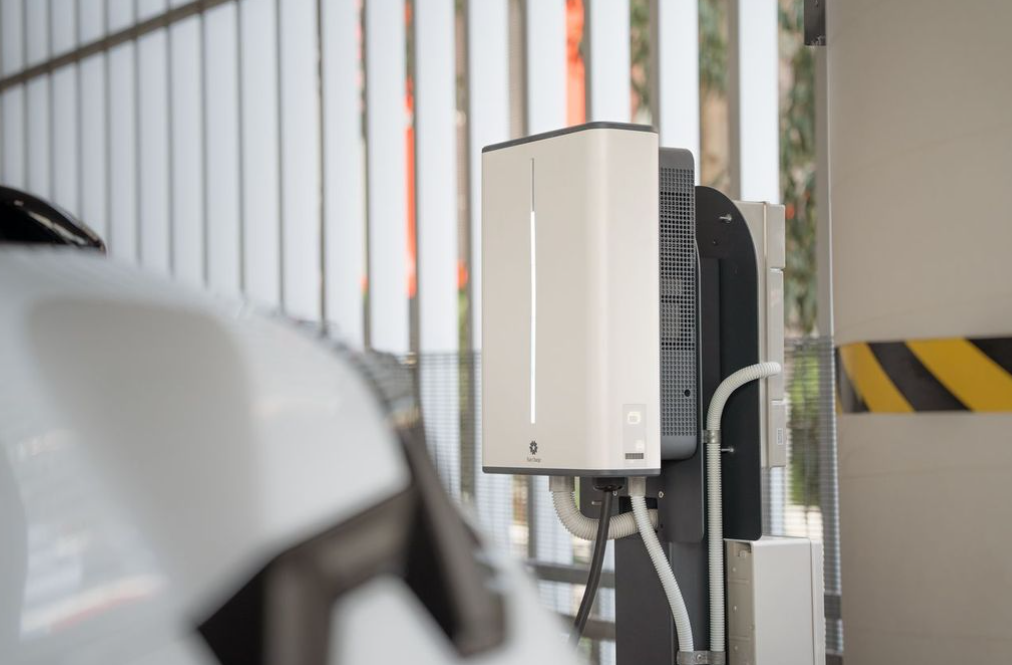The West Australian government has used this year’s Australian Hydrogen Conference, organised by the Hydrogen Council, to update some of its energy policies. While the announcements were slanted towards hydrogen, they also included changes for solar, wind, critical minerals and other energy-linked industries.
Approvals streamlined
First up, the state government committed $22.5 million to streamline its approvals process, creating new teams to assess critical minerals, hydrogen and renewable energy projects.
The government says the funding will “slash approval timeframes” and “overhaul the state approach to environmental approvals.” To that end, a new dedicated cross-government ‘Green Energy Assessment Unit’ is expected to be operational by mid next year.
Great to have Minister @AlannahMac open the #AusHydrogenConf with some announcements on the WA Governments #hydrogen initiatives: https://t.co/gqRKDIOYjV pic.twitter.com/GPcpEY1i9U
— Australian Hydrogen Council (@AusHydCouncil) December 6, 2022
“Western Australia is on the cusp of becoming a global green energy superpower, with an unprecedented number of renewable energy and critical minerals proposals currently under environmental assessment and a significant number of new referrals in the pipeline,” the state government’s announcement said.
“The new multi-pronged approach will help to drive investment in conventional wind, solar and wave power generators, hydrogen industries, lithium mining and critical minerals processing, and green energy product manufacturing.”
Renewable Hydrogen Target for WA
In a more controversial vein, the state government is moving forward with its target of having green hydrogen comprise 1% of the state’s electricity generation.
Following stakeholder consultation, the government says it will progress to the detailed design phase for the Renewable Hydrogen Target for electricity generation in the South West Interconnected System (SWIS), WA’s main grid.
The Australian Energy Council (AEC), the peak body for electricity retailers and generators, has raised concerns over WA’s hydrogen target, saying the policy won’t decarbonise the grid but will increase costs. Blending hydrogen with natural gas in pipelines has long been a contentious route, with many even within the hydrogen industry questioning the concept. Hydrogen has a lower energy density than natural gas, so mixing it into pipelines has been interpreted as spending more to produce less.
For AEC’s WA Policy Manager, Graham Pearson, the state government’s hydrogen support would be better directed towards manufacturing and heavy industry uses. “Industries such as steel makers are heavy carbon emitters, able to easily replace natural gas with renewable hydrogen, and are far better placed to support the establishment of the hydrogen sector,” Pearson said.
The WA government opened the Renewable Hydrogen Target policy for feedback in October, and said the period showed further work is required to “ensure the scheme balances providing benefits to the SWIS with demand stimulation.”
Energy Policy WA will undertake a study into the role of renewable hydrogen in the SWIS, targeting areas such as long-term storage and peaking generation, to inform further work on outstanding design elements, including how certificates are created, the determination of liable entities, and identification of a regulatory agency, the government said.
It added the initial 1% target “represents an important first step in the development of a broader use-agnostic Renewable Hydrogen Target scheme.” That broader use-agnostic scheme will consider all potential use cases for renewable hydrogen, including transport, industrial feedstock, electricity generation, and pipeline blending.
Energy Policy WA and the Department of Jobs, Tourism, Science and Innovation will report back to Government in mid-2023 on next steps and timelines regarding the target.
New policy and guidance for hydrogen proposals
Finally, large-scale hydrogen proponents looking to access or use Crown land will now have access to additional guidance with the state government releasing new policy on the topic.
This content is protected by copyright and may not be reused. If you want to cooperate with us and would like to reuse some of our content, please contact: editors@pv-magazine.com.









By submitting this form you agree to pv magazine using your data for the purposes of publishing your comment.
Your personal data will only be disclosed or otherwise transmitted to third parties for the purposes of spam filtering or if this is necessary for technical maintenance of the website. Any other transfer to third parties will not take place unless this is justified on the basis of applicable data protection regulations or if pv magazine is legally obliged to do so.
You may revoke this consent at any time with effect for the future, in which case your personal data will be deleted immediately. Otherwise, your data will be deleted if pv magazine has processed your request or the purpose of data storage is fulfilled.
Further information on data privacy can be found in our Data Protection Policy.